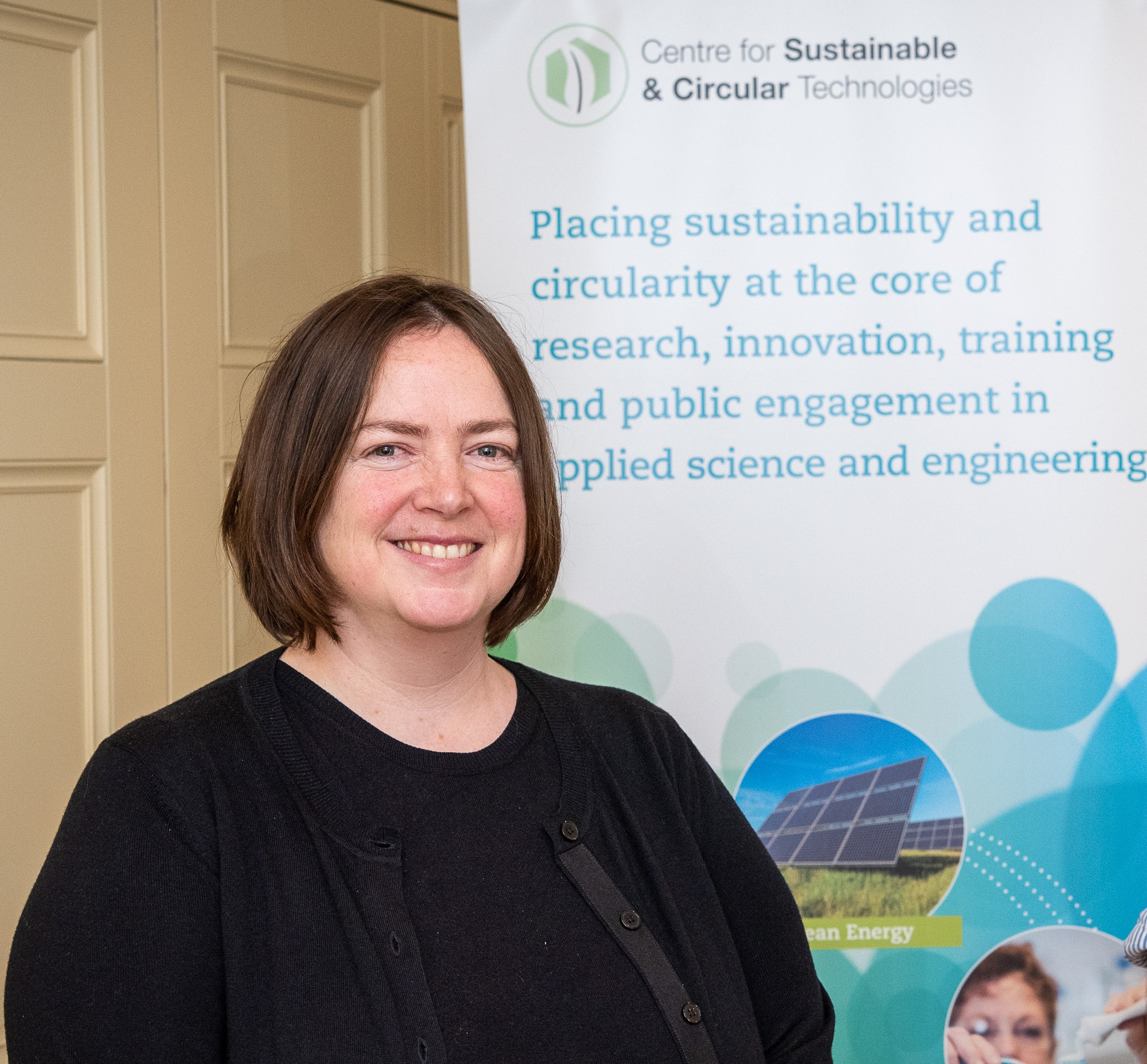
CSCT academic takes role in working group to advise government on reaching net zero emissions
Dr Sophie Parsons, CSCT-associated academic, is one of the experts convened by the National Engineering Policy Centre to provide advice to the government and support the zero-emissions goal by 2050.
Dr Parsons, from the Department of Mechanical Engineering, has been invited by the National Engineering Policy Centre to partake in a working group to provide agile and continued advice to government. This advice will help address the long-term global threat posed by climate change and support its goal of reaching net-zero greenhouse gas emissions by 2050, as well as including recommendations for a recovery from the COVID-19 pandemic that puts the UK on track for net zero.
Read the Net Zero launch paper here
The UK engineering community benefits from world-leading expertise in planning and designing these services and can apply systems thinking, creativity and problem-solving to provide advice on how to decarbonise them. Dr Parsons’ work in the field of life cycle assessment and systems analysis will add to the varied expertise of the working group.
The National Engineering Policy Centre has assembled a diverse group of experts from organisations including the Institution of Mechanical Engineers, the Institution of Engineering & Technology, the Institution of Chemical Engineers, the Energy Institute, the Institute of Materials, Minerals and Mining and the British Academy. The group forms a forum for debate and will draw heavily on insights and perspectives from an even wider range of expertise from engineering and other disciplines such as social and system sciences as needed.
Topic areas to be covered include:
- Rebuilding after COVID-19: recommendations for a recovery that puts us on track for net zero
- Net zero explained: how the UK’s climate target fits into the global sustainability challenge
- Priority actions and upcoming decision points: understanding which policies are ‘low regrets’ solutions
- Decarbonising construction: tackling the operation and supply chain of one of the most challenging sectors
“A systems perspective is vital when we are looking at which technologies will help us meet our net zero emissions targets. On behalf of the Institute of Materials, Minerals, and Mining, I’m looking forward to representing the materials communities who play such a pivotal role in our transition to a low carbon economy” – says Sophie.
Professor Marcelle McManus, Director of the CSCT, says:
“Sophie’s participation in the National Engineering Policy Centre is of particular relevance now, as we look forward to how we make rapid decarbonisation decisions and meet our national and international targets and challenges whilst regaining our ways of life post COVID-19. This important work sets the key challenges and opportunities and places Sophie in an ideal place to use her engineering and scientific knowledge to inform policy at the highest level.
“The CSCT has systems thinking at his heart; bringing scientists and engineers together to help solve these global challenges. Working closely with government and policy makers, the CSCT aims to provide technical depth to policy discussions. The work Sophie is doing with the National Engineering Policy Centre will help frame decarbonisation discussion and strategy across the country.”
Sir Jim McDonald FREng FRSE, President of the Royal Academy of Engineering says:
“Engineers have a responsibility to actively support the reduction of greenhouse gases to protect our planet from adverse climate change. The National Engineering Policy Centre is uniquely placed to galvanise and lead the engineering community to focus on activities that can deliver practical, deployable solutions in response to the scientific evidence. As engineers, we can capitalise on our experience and use of systems approaches in bringing together different elements – from technological to financial, from regulatory to ethical – to create practical solutions and help the government to make tough and lasting decisions that will reduce harmful emissions whilst creating jobs and benefitting people’s lives.”







